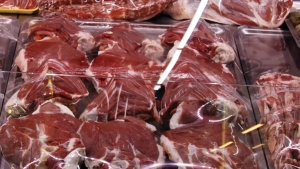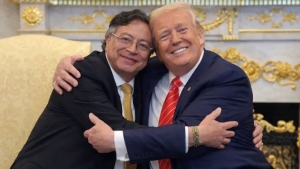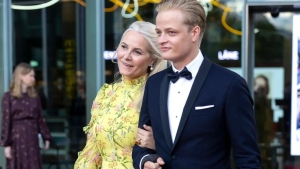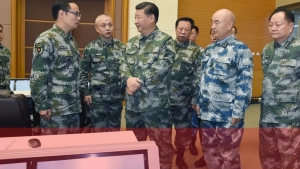European Union and Central Asia cooperation is strengthening
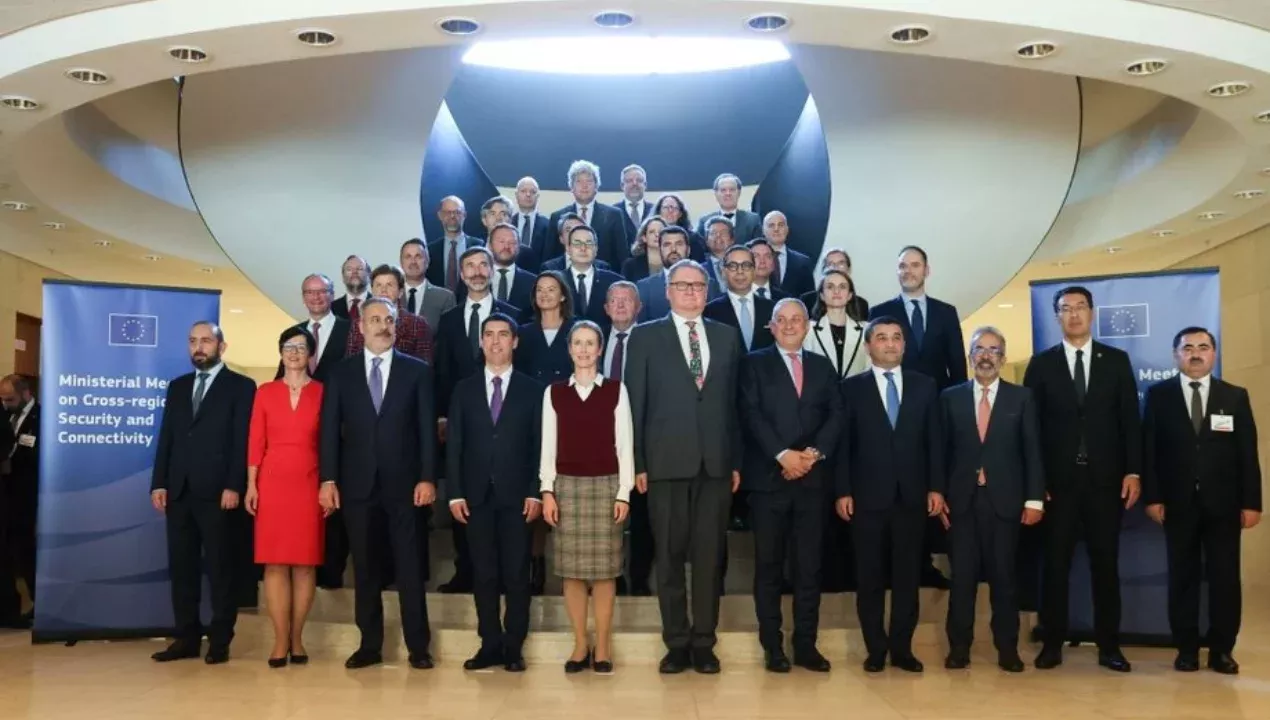
On October 20, an important interregional consultation took place in Luxembourg with the participation of European Union commissioners and foreign ministers from the Black Sea, South Caucasus, and Central Asian countries. This was reported by Zamin.uz.
The meeting discussed issues of security, economic cooperation, and strengthening strategic relations. This gathering is a logical continuation of the new strategic approach to the Black Sea region by Brussels and the European Union and Central Asia summit.
Representatives from Armenia, Azerbaijan, Moldova, Turkey, Ukraine, Kazakhstan, Kyrgyzstan, Tajikistan, Turkmenistan, and Uzbekistan attended. On behalf of the European Union, High Representative for Foreign Affairs and Security Policy Kaya Kallas, Commissioner for Enlargement Marta Kos, and Commissioner for International Partnerships Jozef Síkela participated.
During the meeting, the parties agreed on developing stable connections between the regions, strengthening infrastructure, and creating a safe and prosperous cooperation environment. The main focus was on four strategic directions: transport — developing the Trans-Caspian corridor and expanding logistics connections; digital technologies — enhancing high-speed internet and digital trade infrastructure; energy — implementing renewable sources and increasing energy security; trade — deepening regional integration through the digitization of customs processes.
Kaya Kallas described the Black Sea region as a strategic area for European security. She emphasized that Russia’s war in Ukraine poses a serious threat to the region and stated that the European Union is striving to diversify trade and energy connections.
Marta Kos noted that representatives of all countries stretching from Europe to the Chinese borders gathered in Luxembourg for the first time. She stressed the necessity of creating independent trade and energy opportunities through new infrastructure.
Jozef Síkela assessed Central Asia as a young and promising region and noted its growing importance as a strategic partner for Europe. Uzbekistan’s Foreign Minister Baxtiyor Saidov spoke at the meeting, emphasizing the country’s strong focus on expanding international transport routes and developing innovation and technology exchange.
He stated that interregional connectivity is not only about infrastructure but also an important foundation for trust and the well-being of peoples. Additionally, on October 21, the 18th meeting of the Uzbekistan-European Union Cooperation Council was held in Luxembourg.
Saidov emphasized that this meeting serves to strengthen bilateral relations and initiate a new phase of partnership based on shared values.


